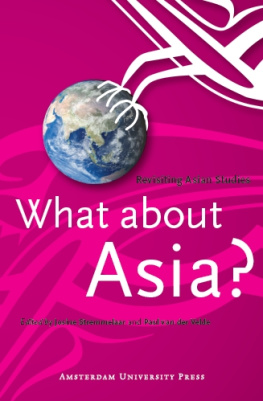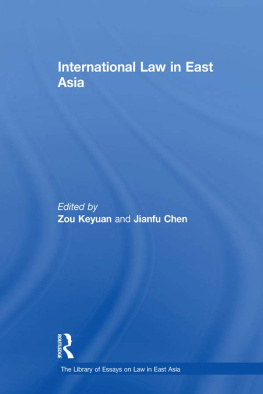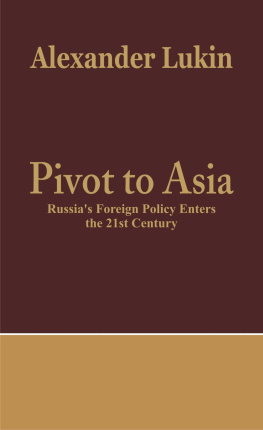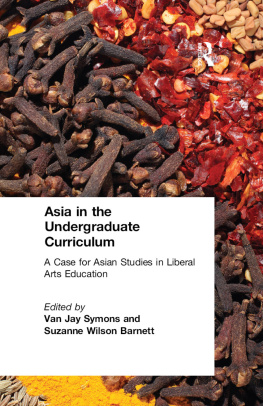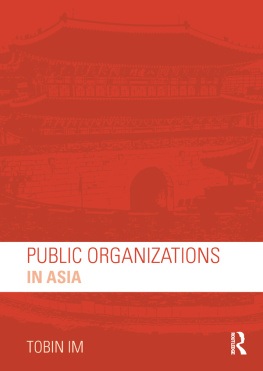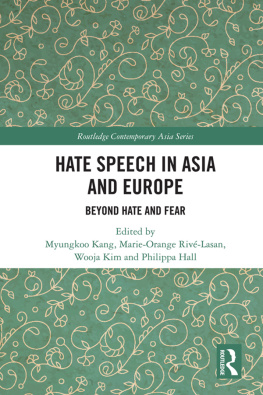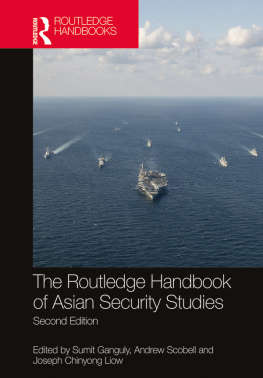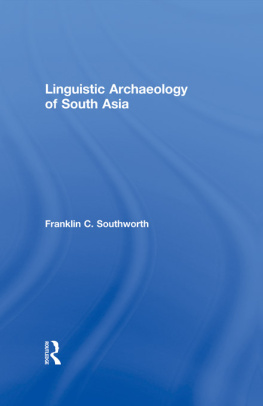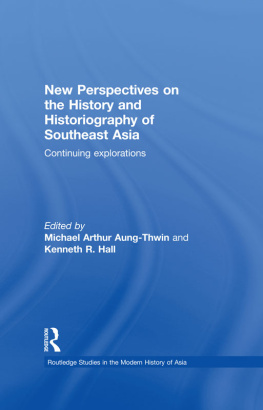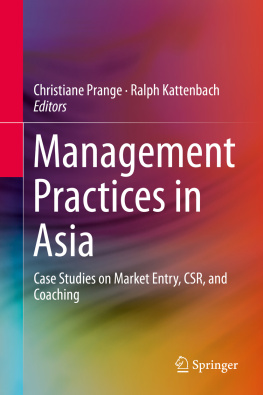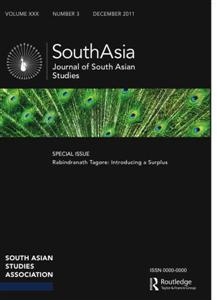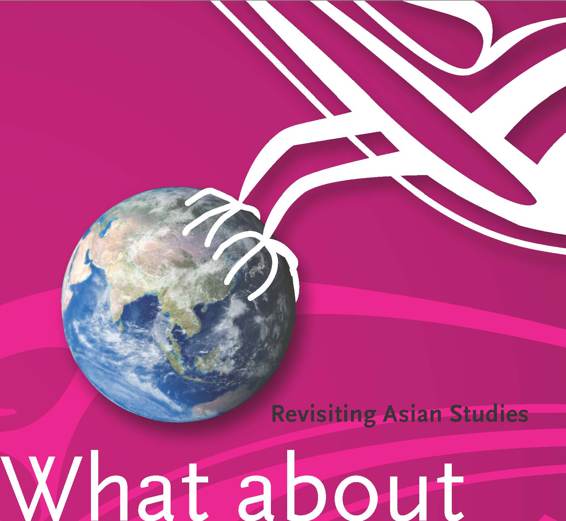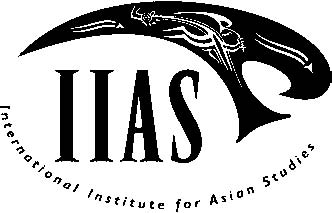Josine Stremmelaar and Paul van der Velde

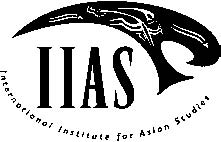
Sponsored by the International Institute for Asian Studies (Leiden / Amsterdam) and the Faculty of Arts of Leiden University
Cover design and layout: jb& a raster grafisch ontwerp, Delft
ISBN -13 978905356959 ISBN -10 905356959 NUR
IIAS / Amsterdam University Press, Amsterdam 2006
All rights reserved. Without limiting the rights under copyright reserved above, no part of this book may be reproduced, stored in or introduced into a retrieval system, or transmitted, in any form or by any means (electronic, mechanical, photocopying, recording or otherwise) without the written permission of both the copyright owner and the author of the book.
What about Asia? Revisiting Asian Studies
Josine Stremmelaar and Paul van der Velde
What about Asia? Revisiting Asian Studies brings together scholars from Asia, Europe and America to test the strength of a field of study which, considering the rise of Asia, should be gaining momentum. But is it? This is one of the many questions that the contributors to this volume ask themselves. In the past decade the use and legitimacy of area studies, and in particular Asian studies, have been passionately debated in conferences and academic journals. Questions have been raised in several issues of the IIAS Newsletter over the conceptualization of Asian studies and the kind of knowledge that Asia specialists produce. A variety of answers has been presented, but the issue is still far from settled.
Wim Stokhof, who has been a fervent debater and partisan of Asian Studies, has taken numerous initiatives during his directorate of the International Institute for Asian Studies (1993-2006) to stimulate this field of scholarship. To honour his contribution to Asian studies we have invited eminent scholars to reflect on and provide insight into the debate on the state of the art of Asian studies. Among the topics touched upon are: the conceptualizing of Asian Studies: what do they look like from a national, regional or global perspective? What is the relationship between Asian Studies and the societies that they cover? What contribution do Asian Studies make to Asian societies? What is the future for Asian Studies? Will interest in Asian Studies outside Asia continue, and will Asian Studies be Asianized? What is the role of Asian diasporas in the conceptualization of Asia?
From Enlightenment to All-inclusiveness
In his article Asian Studies and the Discourse of the Human Sciences Gananath Obeyesekere explores the issue of how the native Asian scholar, as opposed to the scholar of Asian studies, can relate the discourse of the human sciences to his own cultural heritage. There is a view widely prevalent among Asian nationalist scholars, and elsewhere in the world, that one should be able to construct an indigenous social science. Obeyesekere argues that this is an unrealizable goal at present and that we cannot avoid our contemporary cosmopolitan inheritance of Enlightenment discourse. He makes a case for a more realistic approach which would use terms, concepts and ideas from ones own cultural tradition to enrich the Western discourse of the human sciences.
Obeyesekere does so by employing Buddhist ideas of no-self and the absence of essence within existence to critique the Cartesian paradigm, I think, I am. Employing primarily Buddhist visionary experiences he argues that visions are showings that occur without the mediation of the I. He then brings in Nietzsche who boldly suggested that instead of the Cartesian cogito, one should be able to say It-thinks. From here Obeyesekere moves to a form of aphoristic thinking in the Buddha, Nietzsche and Wittgenstein that again entails the appearance of condensed thoughts without the mediation of the I. And in this sense he brings about a dialogue between the European and the Buddhist Enlightenment. In other words the question he poses is: What are the areas of thinking where the self or ego does not exist and the Cartesian cogito does not operate?
Peter van der Veer in his Area Studies in a Changing World demonstrates that area studies in this context Asian studies can contribute to the deepening of knowledge on globalization because it can put the national into a global context. He first delineates the three main lines of criticism on area studies, namely that they do not produce universally valid knowledge; that they are intimately related to Western power interests and that they do not take into consideration the fluid boundaries of this age of globalization. Although Van der Veer finds truth in this criticism he points to the huge potential of area studies which allows for a more in-depth perspective on the variety of forms of globalization. According to Van der Veer, rather than a comparative stance, an all-inclusive point of departure should be taken in studying the West and the East.

